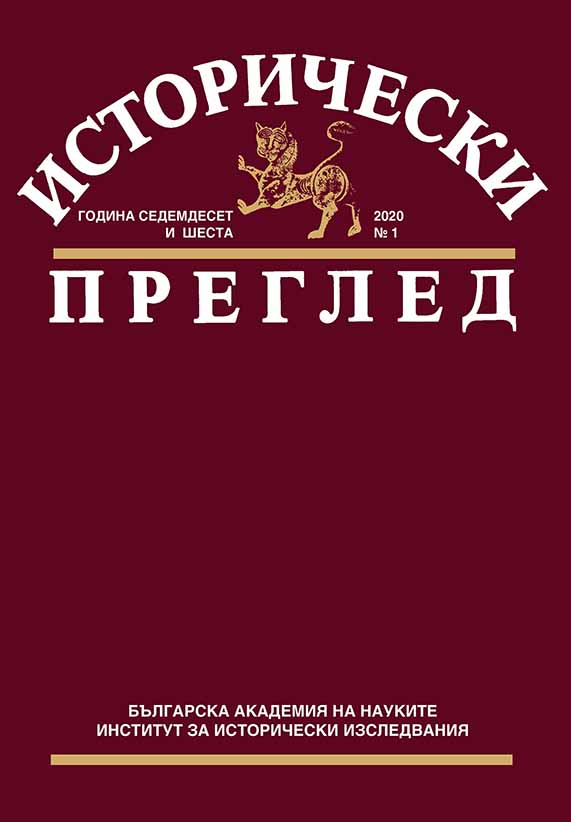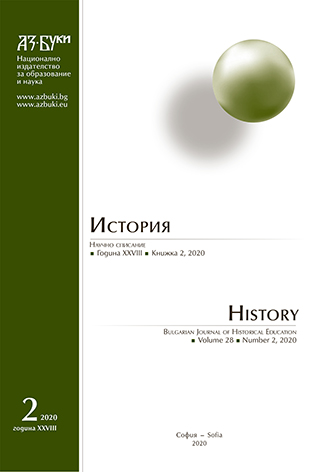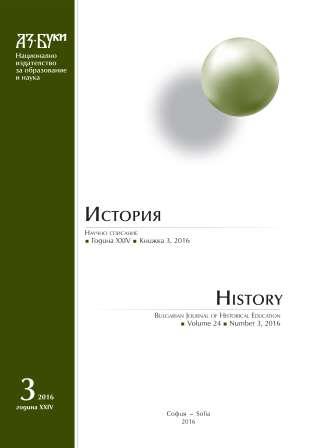
We kindly inform you that, as long as the subject affiliation of our 300.000+ articles is in progress, you might get unsufficient or no results on your third level or second level search. In this case, please broaden your search criteria.


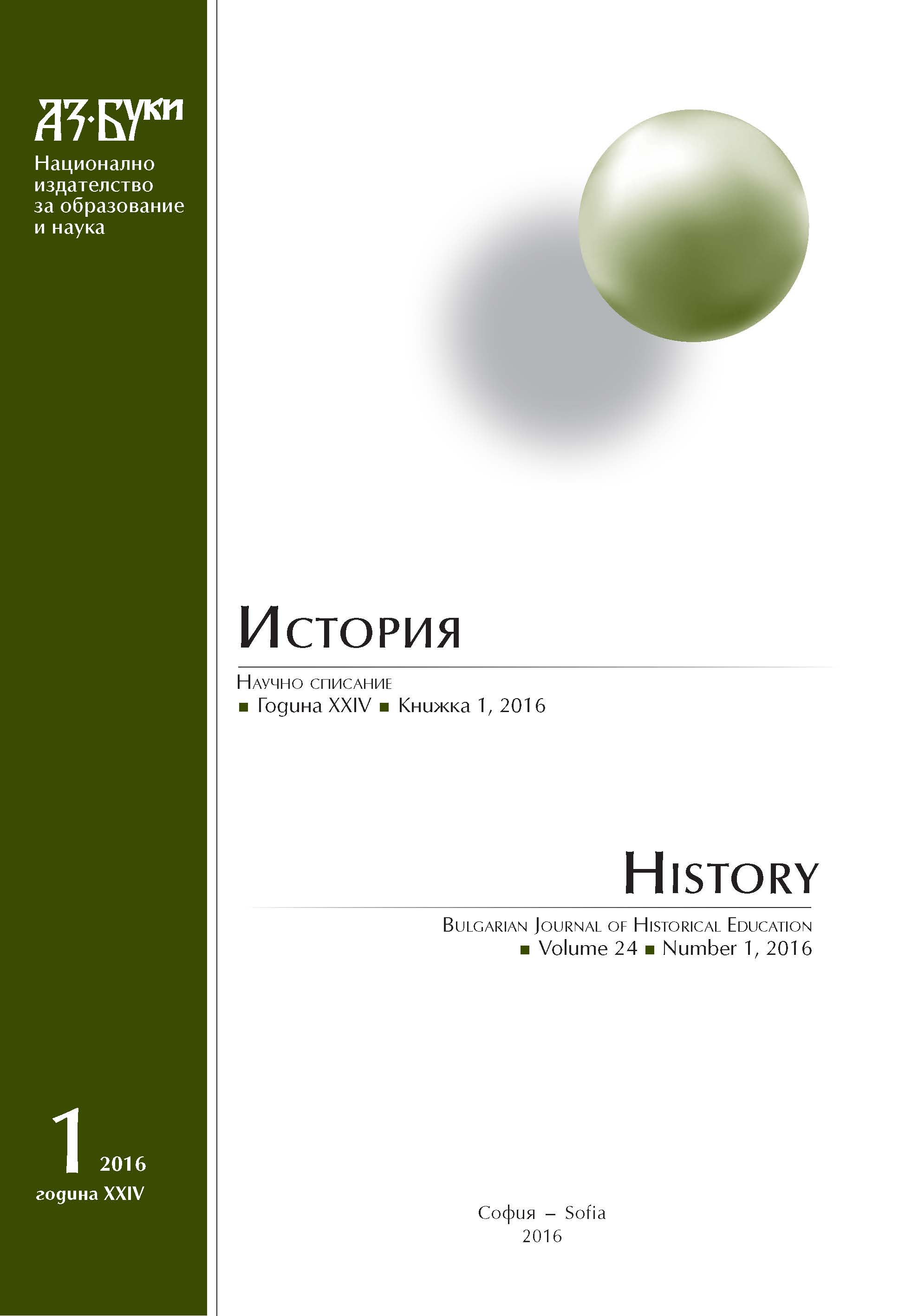

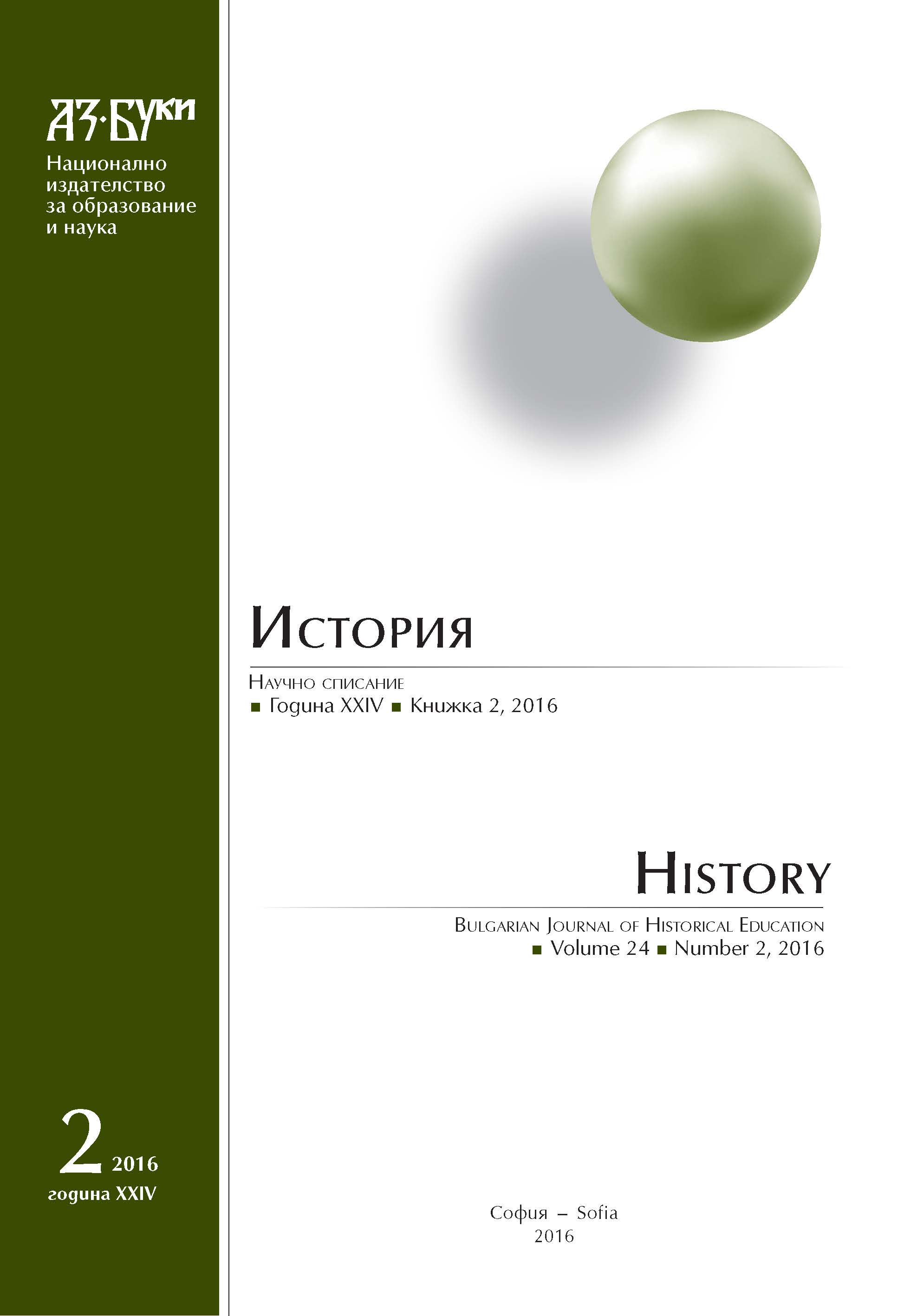

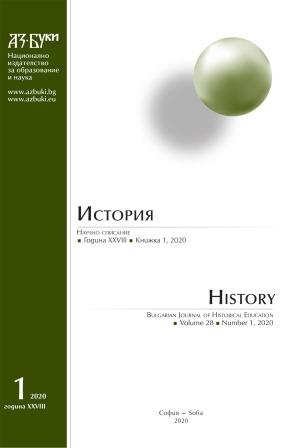

The main emphasis of this text above is economic reconstruction of the Balkan countries that followed hardships and horrors of World War One. Being part of the European continent, the Balkan countries face serious difficulties in overcoming the effects of the global conflict and cannot be separated from political and social crises devastating the continent by the mid-1920s. Those aspects are quite well, though not enough, covered. Far less attention is paid to the economic efforts to overcome post-war difficulties. It is precisely this aspect that is the focus of this research, with the main purpose of empirically testing the working hypothesis of the identical behavior of the Balkan states in a situation of global political and economic crisis, such as Bulgaria and the Kingdom of Serbs, Croats and Slovenes in the years after the First World War. The choice of the two countries is justified by a methodological point of view, since it makes it possible to find similarities and to distinguish differences in the economic recovery policies of the two countries that fall into the camp of the defeated and the victorious ones, respectively, which at first sight is a condition of a different type of problems, policies and results. Setting them against the backdrop of pan-European and global trends, in turn, guarantees a better look at the “uniqueness” of specific post-world-war-one Balkan conditions.
More...
The article examines the Peace Corps programs in Central and Eastern Europe after the end of the Cold War, based on archive documents. After developing volunteer programs in Asia, Africa and Latin America for 30 years, in the early 1990s, the Peace Corps received a historic chance to expand its activities in the countries of the former Eastern Bloc and help strengthen American influence in the region. The historical reconstruction of the organization’s activities in the different countries makes it possible to outline the main goals of the Peace Corps and to determine its effectiveness as a “tool” of American “soft power”.
More...
The period of the British Mandate for Palestine (assigned by the League of Nations) is fundamental not only to the establishment of the State of Israel, but to a better understanding of the ongoing Israeli–Palestinian conflict as well. The present article explores the land question in Palestine since the Ottoman Empire, where the local specifics pave the way for the subsequent change in land ownership of some Palestinian territories. Then there are the multiple legislative documents issued under the British rule, which affect land transfers. At the same time the Zionist movement works diligently towards establishing а “national home for the Jewish people” in Palestine by buying land from private owners. Yet, the article aims to remain neutral while exploring the land question in Palestine during the British Mandate and while summarizing its findings.
More...
“Crossense” is an innovative gaming technique that can successfully find its place in history and civilization classes in Bulgarian schools. It is best suited to keep students’ previous knowledge up-to-date as well as to motivate the new topic, but it is also applicable in other components of the lesson. This way a students’ creative and critical thinking has been formed through “Crossense”.
More...

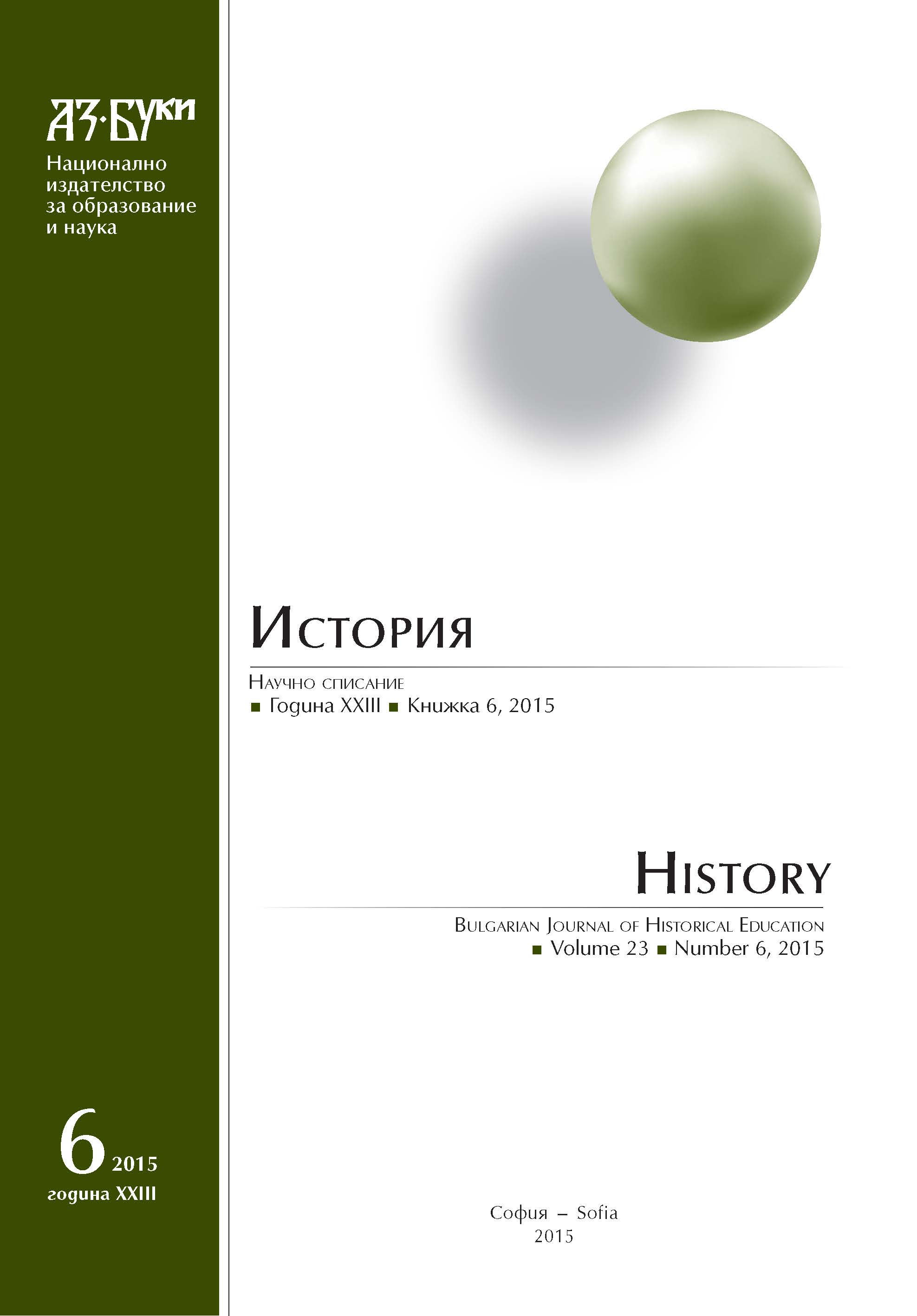
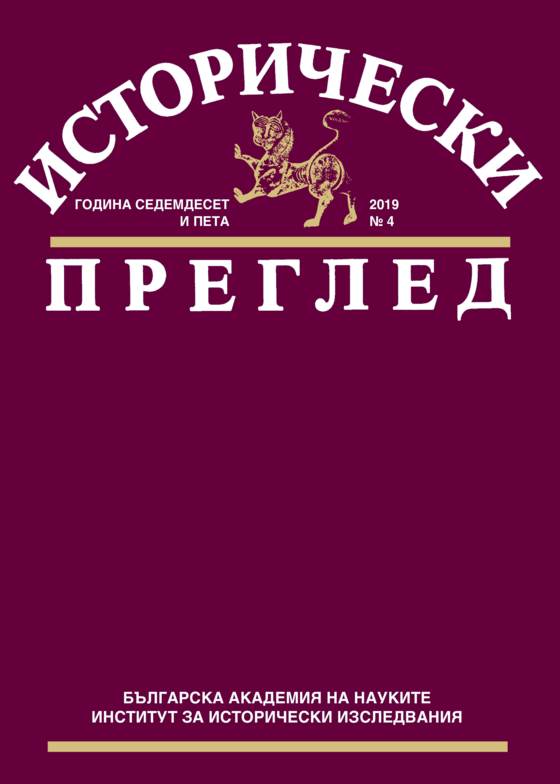
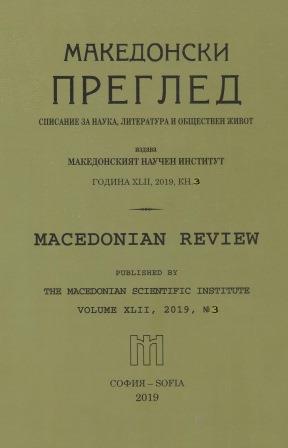
The article presents the views of Bulgarian economists about Bulgariaʼs place in the imagined world order and the international market after the Great War, formed before the national collapse. In parti-cular, it examines the opinions of the employees of a very specific structure at the Headquarters of the Acting Army – the Economic Research Section. They presented geo-economic reasons for establishing Bulgaria as a regional factor in Southeastern Europe, which they thought would save the country. The leading idea was that if this goal was not achieved, the Bulgarian national economy would simply not be “large enough, and therefore sustainable, to overcome the storms that the economic war of the future peace bears”. The Neuilly treaty, “legalizing” the Bulgarian national catastrophe with the “right” of power, proved in the long run the validity of this judgment.
More...